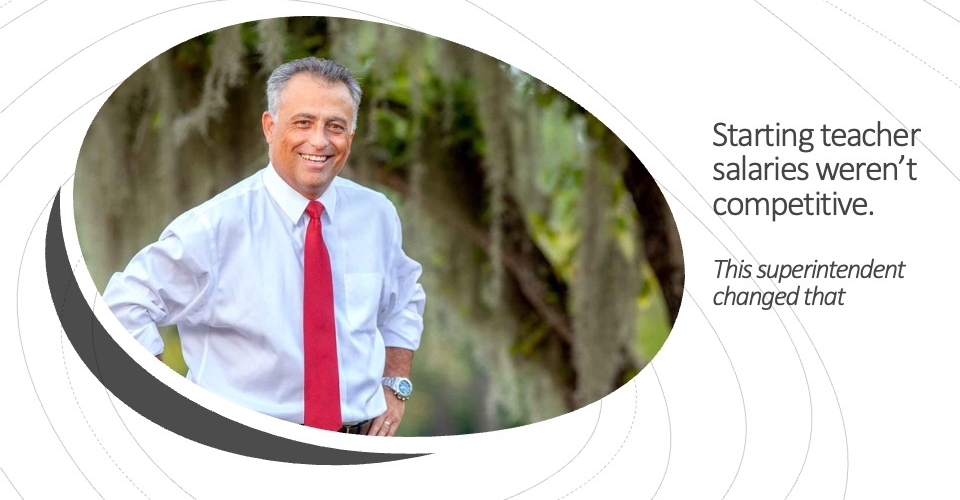Ask a lot of superintendents—and we do—and they’ll say that quality preschool experiences are key to most students’ success in K12. So here’s some good news: In 2023, “significant strides” were made toward establishing universal pre-K in several states, according to an analysis by the National Association of State Boards of Education.
Increased funding and support for early educators has also increased as literacy and math instruction improved, the report contends. “Leading states have recognized the impact of high-quality early learning education on a child’s later college and career readiness and success in life,” writes the Association’s director of early learning, Winona Ha, noting that disparities around access and resources persist.
Here are some of the highlights:
1. Prioritizing universal pre-K: 12 state boards of education have set early learning or expanded/universal preschool goals in their strategic plans.
- Maryland made early childhood education the first of the five pillars in its strategic plan.
- California intends to make its $2.7 billion transitional kindergarten program available to all four-year-olds by the start of the 2025–26 school year.
2. Financial fuel: Vermont, Illinois and Missouri now offer childcare subsidies for providers that serve low-income families. These states are also funding preschool teacher recruitment and support. Vermont, for example, has approved $76 million in new funding for pre-K in fiscal year 2024 and nearly $125 million in FY 2025.
Read more from DA: Here are the administrators who just landed new superintendent posts
3. Locked into literacy: By the end of 2023, 32 states had adopted comprehensive early literacy policies that cover teacher preparation and professional development, instruction and curriculum, literacy screening for students beginning in kindergarten, and reading disability interventions. Districts in Oregon are sharing $150 million for teacher training and coaching, new curriculum materials, summer school reading programs and small-group tutoring.
4. Less movement on math: Fewer states are focused on preschool math. West Virginia’s “Third Grade Success Act” focuses on teacher training, support personnel, dyslexia and dyscalculia screenings, intervention strategies, and parent engagement. The state is also developing benchmark assessments and screeners for language arts and math.
This year, many states will be involved in rulemaking to improve access and equity around the policies created in 2023. Hao and the National Association of State Boards of Education are calling on policymakers to pay more attention to multilingual learners in the coming years.









